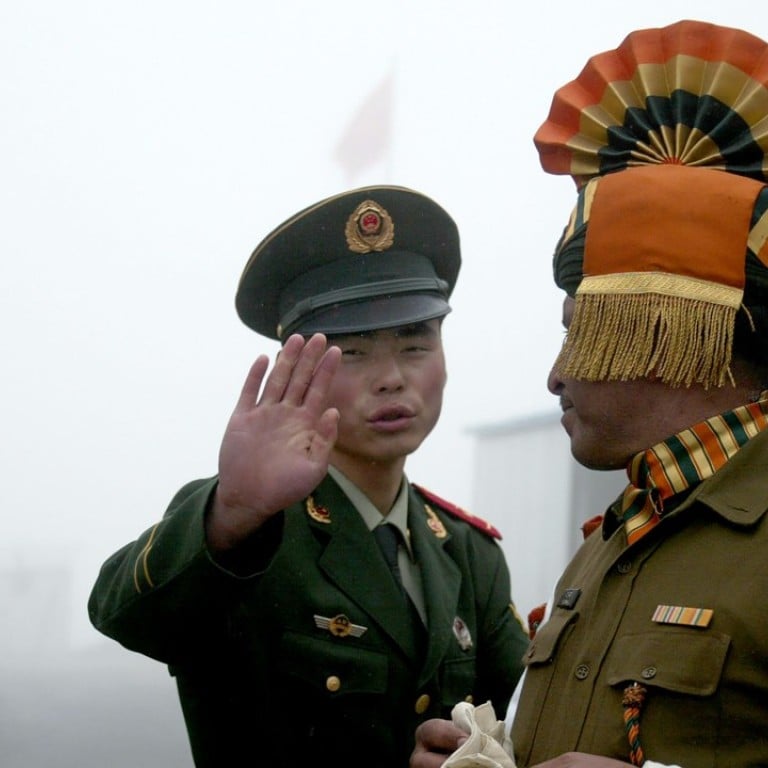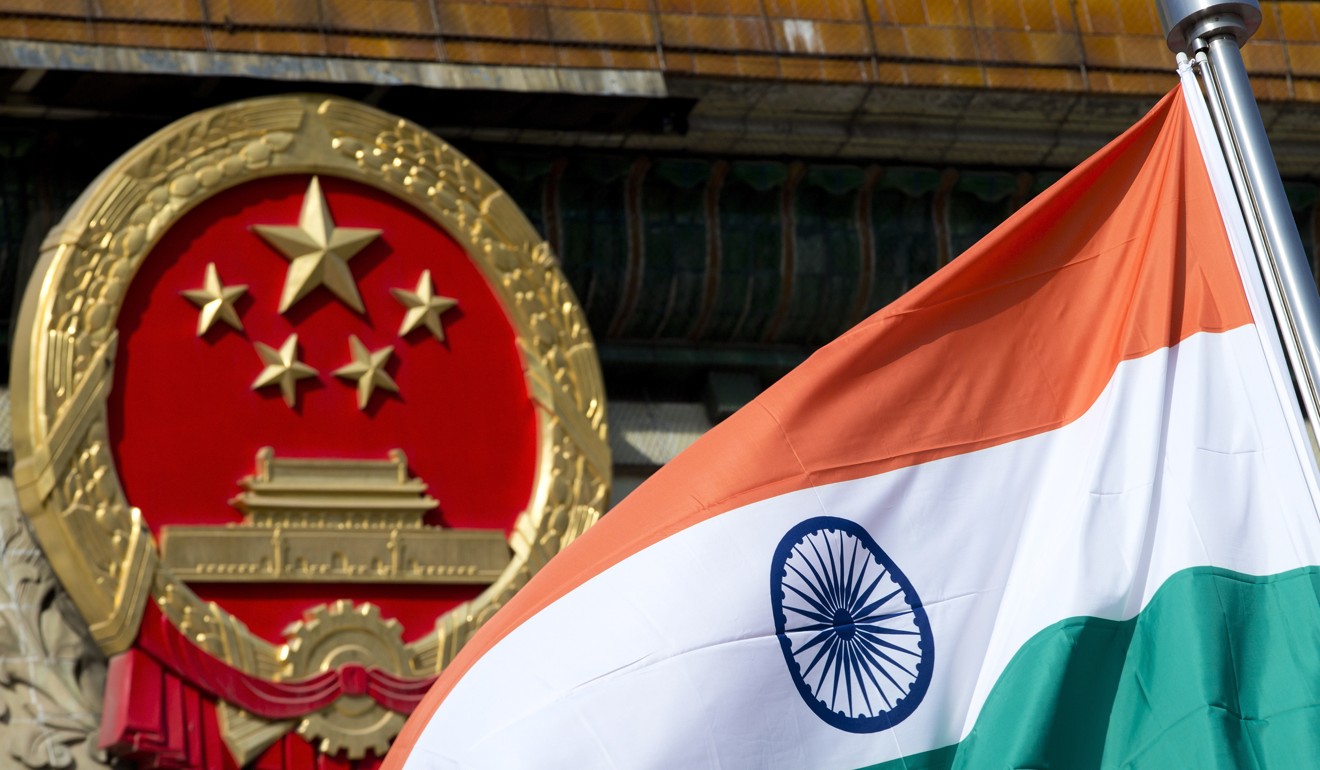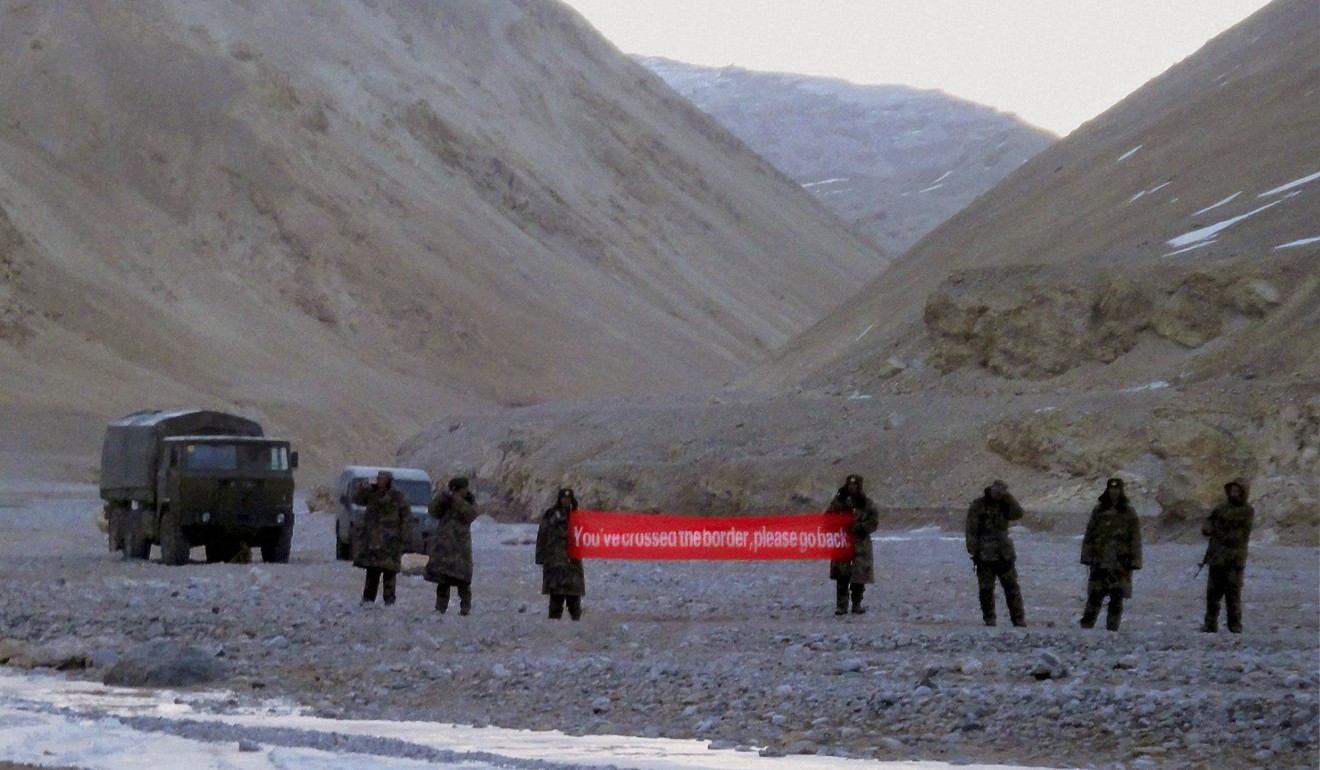
Analysis | China ‘halts road building’ to end India border stand-off
But Chinese troops are in the disputed Himalayan area for the long haul, analysts say
China has signalled it has put road construction in a disputed Himalayan border area on hold as part of a deal to end a military stand-off with India.
But the Chinese foreign ministry said on Tuesday that Chinese troops would continue to patrol the area.
The move came a day after the two nations ended their stand-off on the Doklam plateau, which began in June when China started building a road in the disputed area close to Bhutan.
The row had raised concerns that Indian Prime Minister Narendra Modi would skip a summit for leaders of key emerging markets in Xiamen, Fujian province, from September 3 but India has confirmed that Modi will go.
Bhutan’s foreign ministry said it welcomed the pullback by China and India, and hoped
it “contributes to the maintenance of peace and tranquillity and status quo along the
borders of Bhutan, China and India in keeping with the existing agreements between the
respective countries”.
Chinese foreign ministry spokeswoman Hua Chunying did not directly say if China had stopped the roadworks, but said: “We will consider various factors such as weather conditions to formulate the infrastructure plans.”
Chinese analysts said those comments suggested the construction was on the back-burner.
Wang Dehua, head of South Asia studies at the Shanghai Municipal Centre for International Studies, said negotiations would require concessions from both sides.
“Without give and take, there can be no solution,” Wang said. “I don’t think China will pull out their troops from the region, but it will be fine if [Beijing] just steps back a bit and puts the road construction on hold for a while.”
Zhang Guihong, an expert on Indian affairs at Fudan University, said China was now less likely to proceed with the road.
“This action, although temporary I think, will help the two sides reach consensus,” he said. “As to when Beijing will start road building again, it’s hard to say.”
Further signs of a halt to Chinese roadworks in the area came from The Times of India.
The paper reported on Tuesday that as Indian troops withdrew from their post at Doklam, Chinese soldiers and road-building equipment were also pulled back from the area.
The report said the negotiations to end the stand-off started during a visit to China by Indian National Security Adviser Ajit Doval in July. Doval held talks with State Councillor Yang Jiechi.
India demanded that China respect an agreement reached in 2012 that the tri-junction boundary points between India, China and Bhutan should be finalised in consultation with the three parties, the report said.

But Long Xingchun, a South Asian affairs expert at China West Normal University, said the halt to roadworks was likely to be temporary.
“China will continue building roads there in the future, and when it does, Beijing should have better communication with Bhutan and India to avoid trouble,” Long said.
“Doklam is a big region. The Chinese army has been stationed there for a long time, and they have already put up buildings and installed combat equipment. The People’s Liberation Army is there for the long haul.”

Observers also said the end of the stand-off was apparently timed to ease tensions ahead of a high-profile BRICS summit next week in China. The others BRICS nations are Brazil, Russia and South Africa.
Analysts said China did not want the border dispute to overshadow the event.
The withdrawal of troops was a win-win for both countries, according to Sun Shihai, a South Asia expert at the Chinese Academy of Social Sciences.
“Disengagement is [in both parties’] national interests,” he said. “A lengthy confrontation or an escalating conflict would be truly harmful.”
Sudheendra Kulkarni, an ex-aide to India’s former prime minister Atal Bihari Vajpayee, welcomed news of the troop withdrawals. Both sides needed to remain sensitive to each other’s core security concerns, he said. “There is too much at stake between India and China for them to have such crises.”
Additional reporting by Kinling Lo



